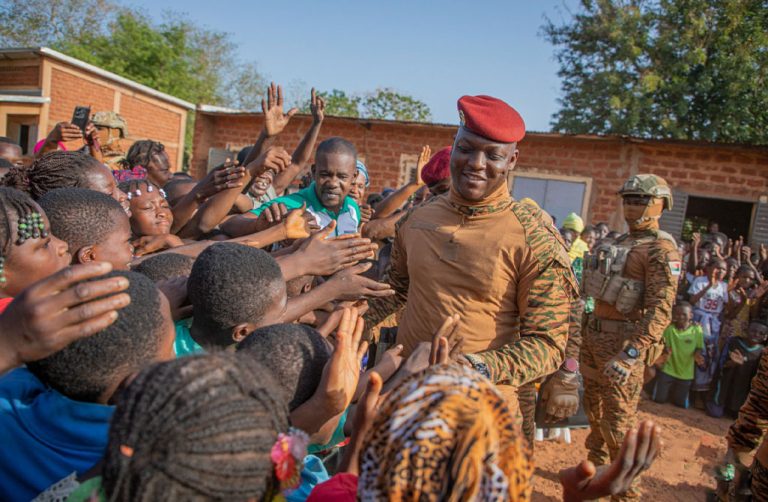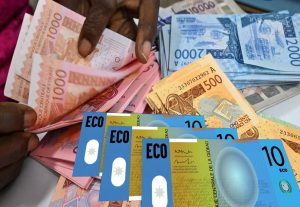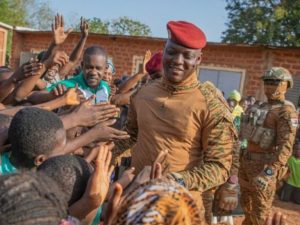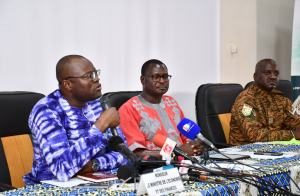Burkina Faso/President Ibrahim Traoré’s inclusive governance: translating laws to strengthen democracy and sovereignty

Since taking office, President Ibrahim Traoré of Burkina Faso has introduced a governance model focused on close engagement with his citizens, placing the nation’s greater good at the forefront of his administration.
This approach aims to ensure that every Burkinabe, regardless of educational background or proficiency in French, can fully understand and participate in public affairs.
A key aspect of this policy is the translation of fundamental legal texts into local languages.
This initiative addresses a critical need: making legal information accessible to all citizens.
Following the announcement of the translation of Burkina Faso’s Constitution, the Superior Authority for State Control and Anti-Corruption (ASCE-LC) has revealed plans to make the law on anti-corruption available in several local languages, including Mooré, Dioula, Fulfuldé, Gourmantché, and Bissa.
This move reflects the government’s commitment to involving local communities in the fight against corruption, which has long hindered the country’s development.
President Traoré’s focus on inclusivity goes beyond mere linguistic adjustments; it represents an acknowledgment of every citizen’s right to understand and engage in their country’s governance.
By providing legal and political texts in native languages, the government is enhancing participatory democracy, improving law comprehension, and promoting a more equitable and just society.
This vision highlights President Traoré’s deep respect for the Burkinabe people and his genuine dedication to advancing security, transparency, and collective well-being.
Cédric KABORE












